Whether you’re a seasoned runner or a beginner, investing in the right pair of running shoes is crucial, especially if you’re frequently hitting the asphalt. Asphalt roads provide a firm, flat surface, which can be both advantageous and challenging for runners. In this guide, we’ll explore the best running shoes for asphalt, considering factors such as cushioning, support, durability, and breathability.
Why Choose the Right Running Shoes for Asphalt?
Asphalt is one of the most common surfaces runners encounter, offering a hard, smooth texture. While it’s favorable for speed, it can lead to injuries if your footwear isn’t adequately designed for it. Here’s why selecting the right shoes is imperative:
- Shock Absorption: The hard surface of asphalt can lead to increased impact on your joints. Quality shoes offer good cushioning to absorb shock.
- Traction: Running on asphalt requires shoes with a proper grip to prevent slipping.
- Breathability: Asphalt running often occurs during warmer months, making breathability a significant factor to keep your feet cool and dry.
- Durability: Asphalt can wear down shoes faster; therefore, a durable outsole is essential.
Factors to Consider When Choosing Asphalt Running Shoes
Cushioning
The level of cushioning in running shoes can greatly influence your comfort during a run. Shoes with ample cushioning help to absorb the impact of running on a hard surface like asphalt. Brands like Nike and Adidas have shoes that utilize innovative cushioning technologies that provide both comfort and responsiveness.
Support and Stability
Supportive running shoes can help correct overpronation and provide stability, crucial for runners prone to injuries. For example, the ASICS Gel-Kayano series is famous for offering great support without sacrificing comfort. It’s essential to choose a shoe that aligns with your foot type and running style.
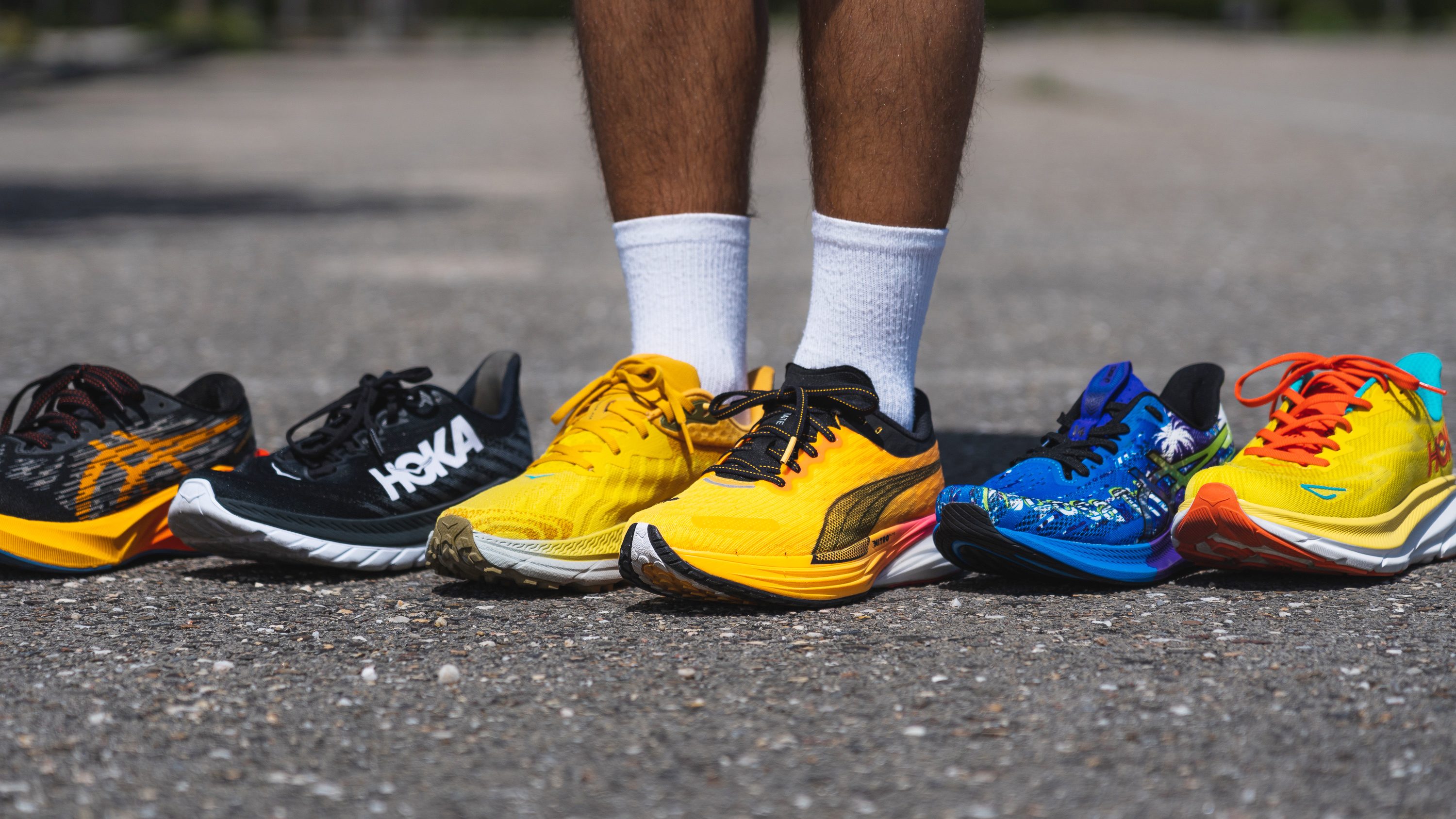
Fit and Comfort
Comfort should never be overlooked. A proper fit helps prevent blisters and other discomforts that can derail your training. Make sure to try on shoes at the end of the day when your feet are at their largest. Look for brands that offer a variety of widths, such as New Balance, known for its extensive sizing options.
Weight
Heavier shoes can slow you down, while lightweight shoes offer more speed. However, lightweight shoes often sacrifice some cushioning and support. It’s about finding the right balance for your running style.
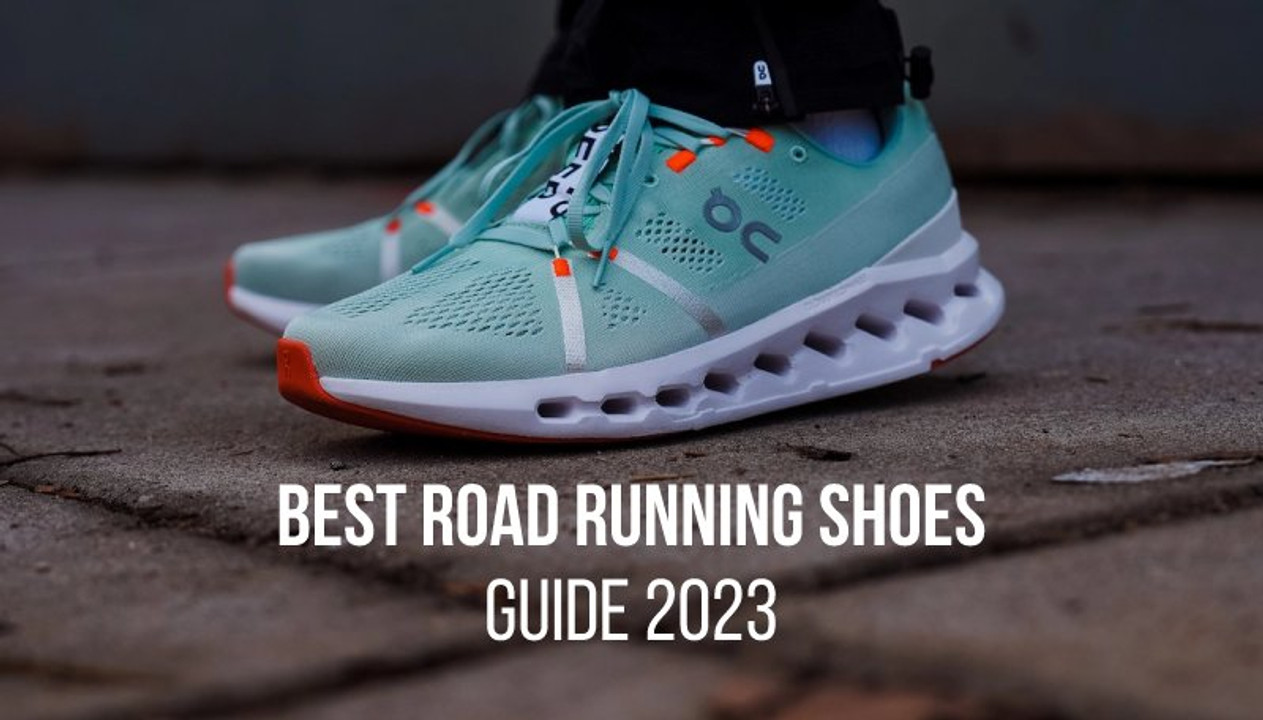
Top 10 Best Running Shoes for Asphalt
Based on extensive research and user experiences, here are the top ten running shoes you should consider for asphalt running:
| Brand | Model | Cushioning | Support | Weight (grams) | Price (USD) |
|---|---|---|---|---|---|
| Nike | Air Zoom Pegasus 38 | Moderate | Neutral | 280 | $120 |
| Adidas | Ultraboost 21 | High | Neutral | 340 | $180 |
| ASICS | Gel-Kayano 28 | High | Stability | 320 | $160 |
| New Balance | Fresh Foam 1080v11 | High | Neutral | 290 | $150 |
| Brooks | Ghost 14 | Moderate | Neutral | 290 | $140 |
| Hoka One One | Clifton 8 | High | Neutral | 250 | $140 |
| Saucony | Ride 14 | Moderate | Neutral | 305 | $140 |
| Puma | Velocity Nitro | Moderate | Neutral | 290 | $130 |
| On Running | Cloudstratus | High | Neutral | 290 | $170 |
| Altra | Torin 5 | Moderate | Neutral | 280 | $150 |
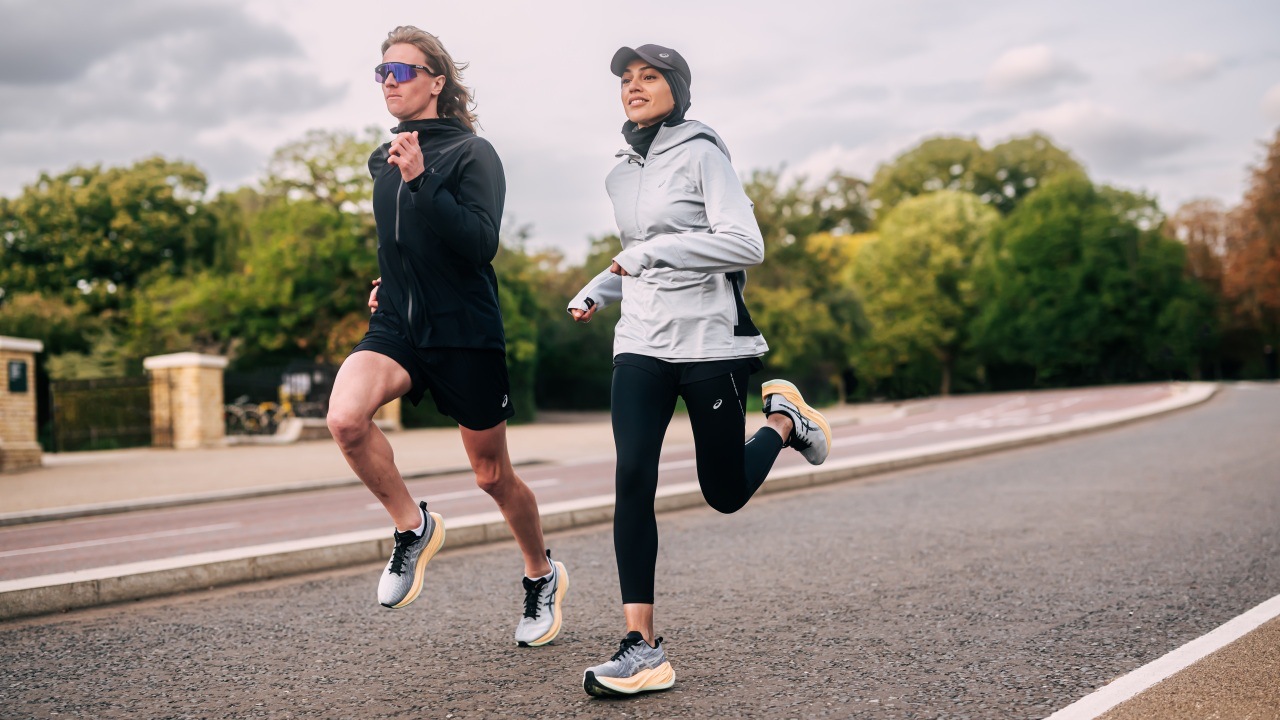
Real-World Experiences
To bring you authentic insights, we reached out to runners from various backgrounds to share their experiences with the shoes listed above. Here are some highlights:
Nike Air Zoom Pegasus 38
Runner John, a marathon enthusiast, noted, “The Pegasus 38 has been my go-to for training runs. The cushioning is just right for asphalt, and I love how responsive it feels during my speed workouts.”
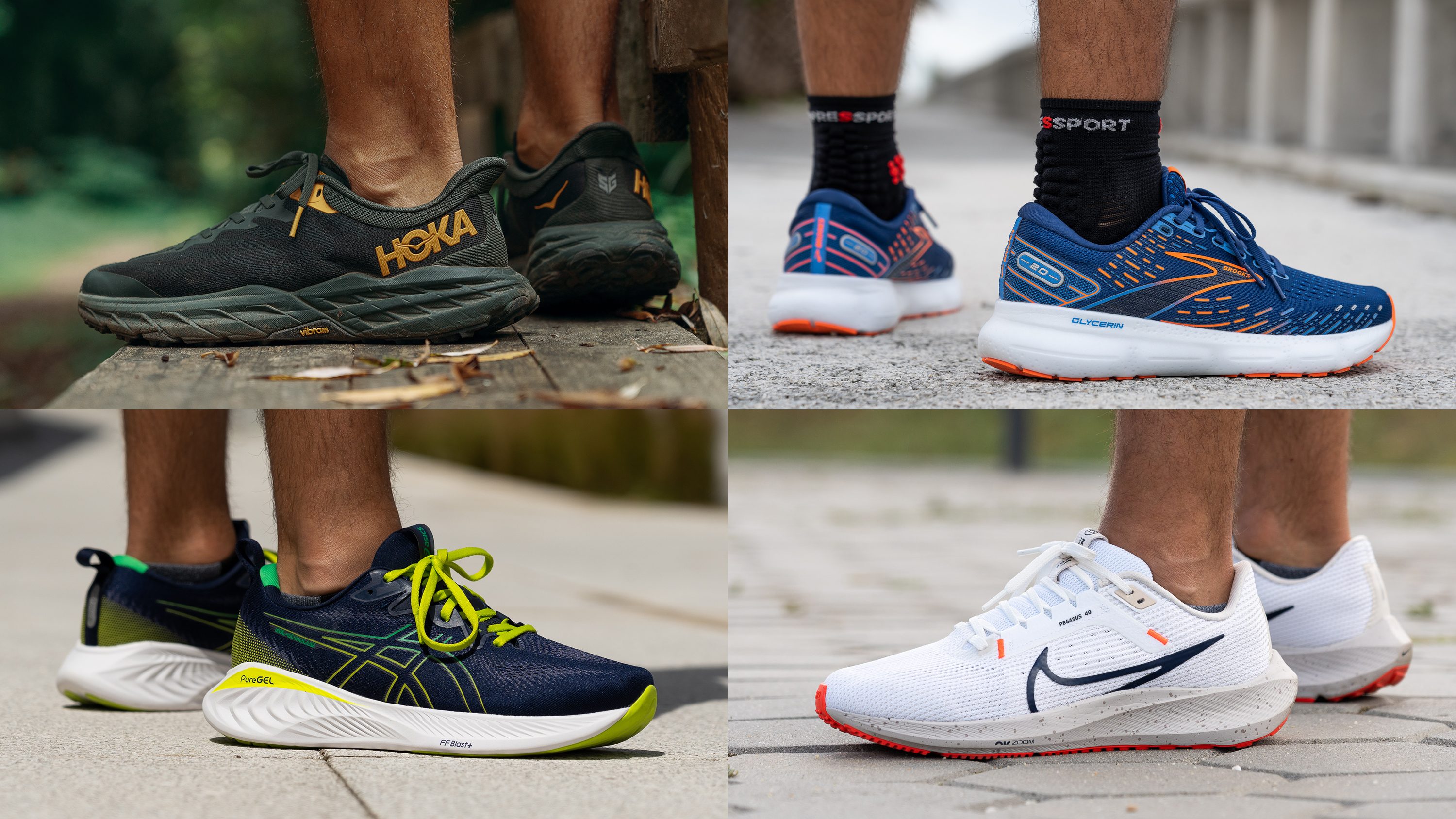
ASICS Gel-Kayano 28
Maria, a triathlete, said, “The Gel-Kayano provides exceptional support. I often deal with overpronation, and these shoes help keep my feet stable, especially on longer runs.”
Hoka One One Clifton 8
David, an amateur runner, found that “the Clifton 8 excels in comfort. I can run on asphalt for hours without feeling fatigued. It’s like running on clouds!”
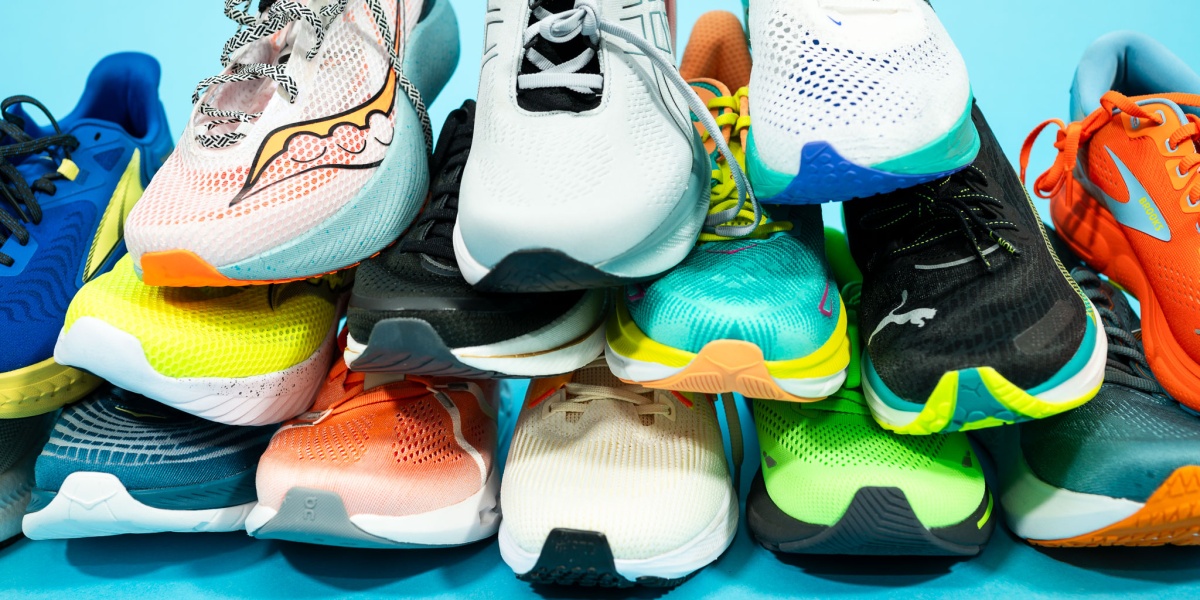
Comparison of the Top Picks
Below is an in-depth comparison of each model to help you make an informed decision:
| Model | Cushion Level | Support Level | Best For | Pros | Cons |
|---|---|---|---|---|---|
| Nike Air Zoom Pegasus 38 | Moderate | Neutral | All-day wear | Responsive, Stylish | Not best for overpronators |
| ASICS Gel-Kayano 28 | High | Stability | Long-distance runs | Great support, Durable | Pricey |
| New Balance Fresh Foam 1080v11 | High | Neutral | Comfort seekers | Plush cushioning, Versatile | Heavier than others |
| Brooks Ghost 14 | Moderate | Neutral | Beginner runners | Comfortable fit, Good traction | Less cushioning for long runs |
| Hoka One One Clifton 8 | High | Neutral | Long runs | Very comfortable, Lightweight | Bulkier than traditional shoes |
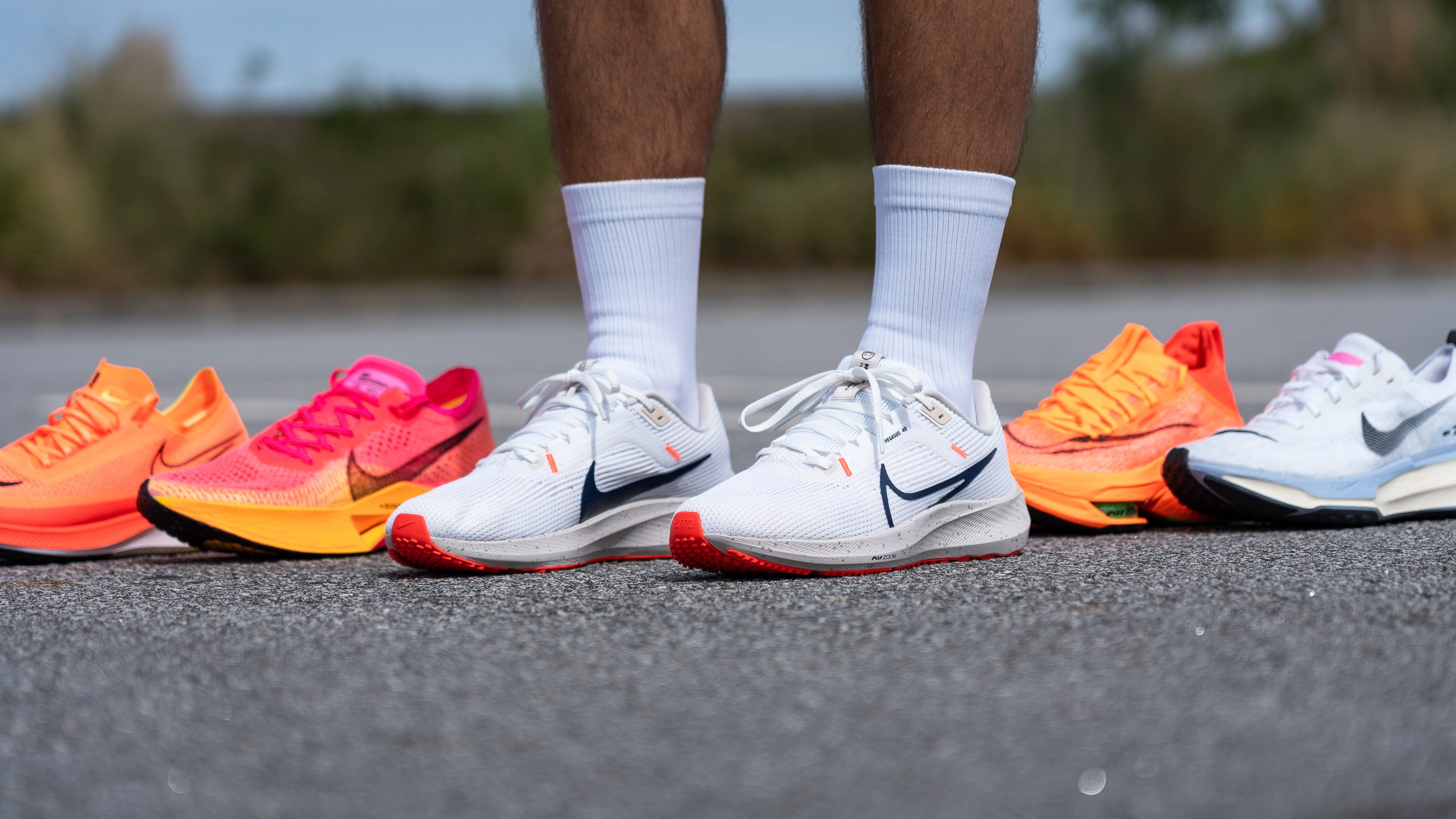
FAQs About Running Shoes for Asphalt
1. What should I look for in running shoes for asphalt?
Look for features like cushioning, support, traction, breathability, and durability to handle the hard surface effectively.
2. How do I know if I need stability shoes?
If you overpronate (your feet roll inward when running), stability shoes can provide the necessary support. Consider going to a specialty running store for a gait analysis to determine your foot type.
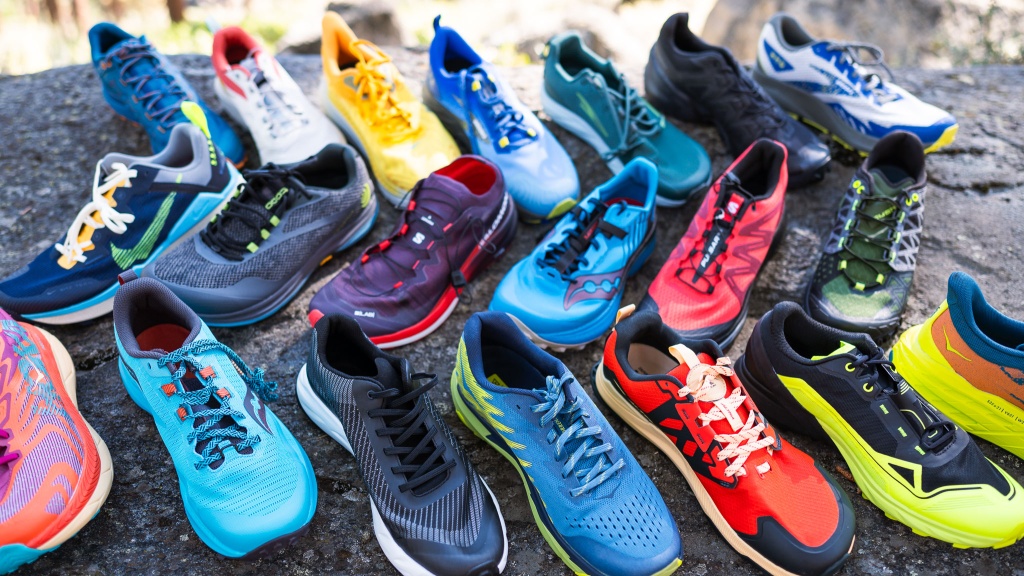
3. Can I wear trail running shoes on asphalt?
While trail shoes can be worn on asphalt, they often have stiffer outsoles and less cushioning, which may not provide the best comfort or performance on hard surfaces.
4. Do more expensive running shoes offer better quality?
Generally, pricier running shoes come with advanced technology and materials that enhance comfort and performance, but it’s essential to find the right fit rather than just focusing on price.
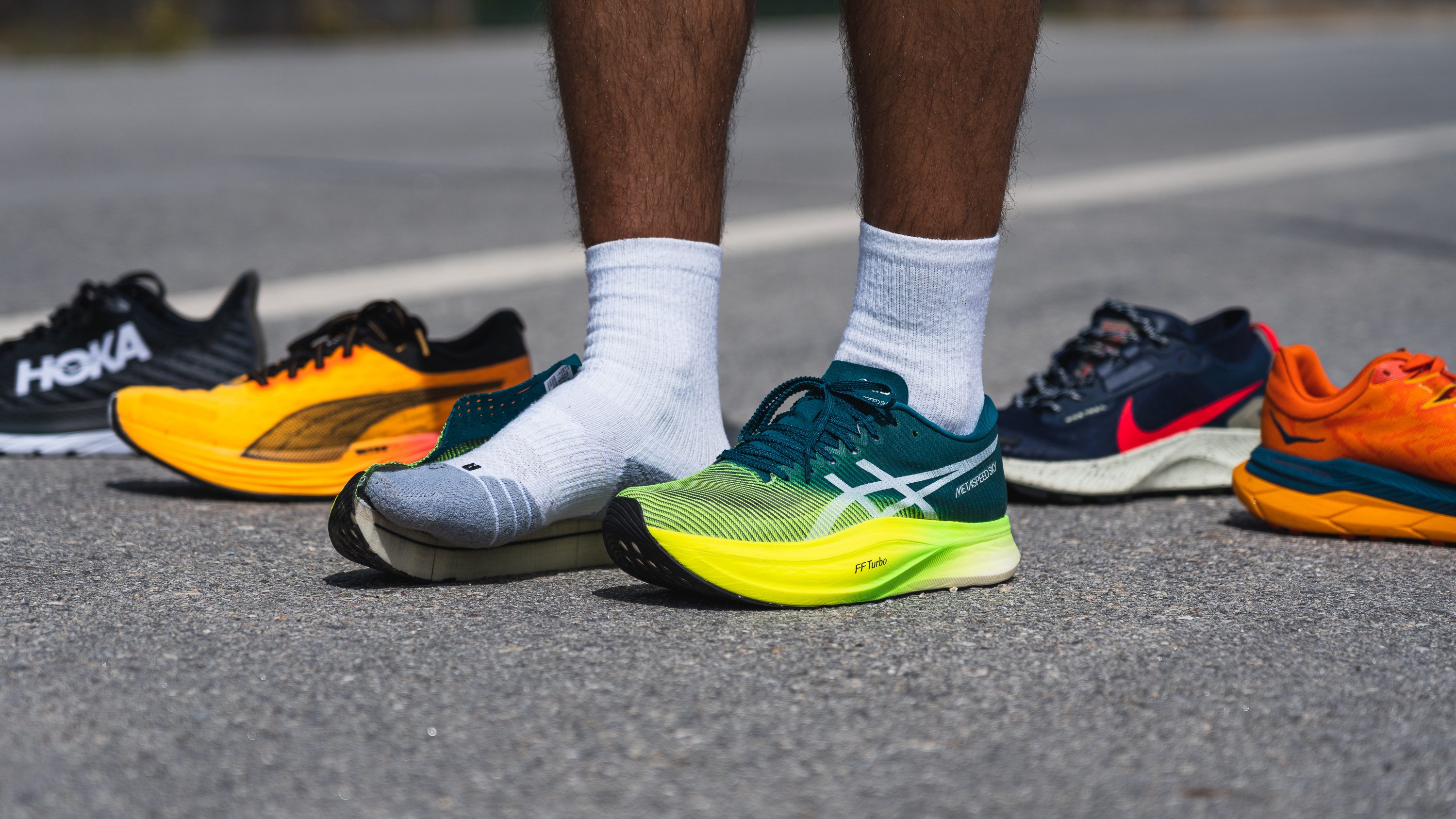
5. How often should I replace my running shoes?
Most running shoes last between 300-500 miles. If you notice wear on the sole or decreased comfort, it may be time for a replacement.
6. Are there any specific brands known for running shoes on asphalt?
Yes, popular brands include Nike, ASICS, Brooks, and Hoka One One, all known for their performance-oriented running shoes.
7. Do I need different shoes for different types of runs?
Yes, different types of runs (like speedwork, long runs, or recovery runs) may require different shoes to optimize comfort and performance.
8. How can I ensure a proper fit for running shoes?
To ensure the best fit, try shoes at the end of the day, wear the socks you plan to run in, and ensure your toes have enough wiggle room.
9. What are some common mistakes to avoid when choosing running shoes?
Avoid choosing shoes based solely on brand or appearance. Always prioritize fit, comfort, and your individual running style.
10. Is it better to shop for running shoes online or in-store?
While shopping online offers convenience, visiting a local store allows you to try on different options and receive advice from knowledgeable staff.
Conclusion
Finding the best running shoes for asphalt can significantly improve your running experience, helping you achieve your fitness goals while keeping injuries at bay. Whether you prefer cushioning, support, or a lightweight feel, there’s a shoe out there tailored to your needs. Make sure to consider your running style, foot type, and the terrain you frequently run on. Happy running!
For more detailed studies on running and footwear effects, consider exploring resources like the National Center for Biotechnology Information or the Journal of Musculoskeletal Research.